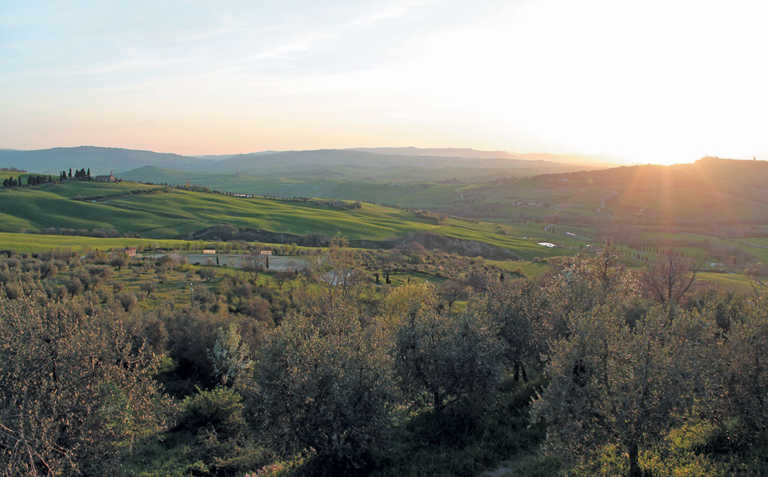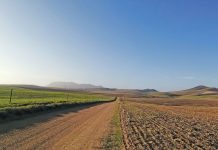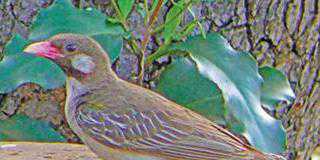
Government identified tourism as one of the six core pillars of economic growth in South Africa in its 2010 New Growth Plan.
Since 1994, foreign tourist numbers to the country have grown from three million in 1994 to a high of 9,9 million in 2009, according to the Department of Tourism.
It is estimated that the tourism sector’s direct contribution to the economy is approximately R67 billion per annum, or 3% of the GDP, thus surpassing gold exports as SA’s top foreign currency earner.
In government’s new Industrial Policy Action Plan (IPAP2), tourism is also acknowledged as one of the sectors expected to greatly contribute towards the development of rural areas.
As a subsector of rural tourism, agritourism provides an avenue for farmers to diversify their farming operations.
This can ultimately become an effective catalyst in rural development and income generation, by offering an alternative use of agricultural resources and creating job opportunities for local communities, while contributing to the revitalisation of the rural economy.
In his 2007 research paper, “Planting the seeds for a new industry in Arkansas: agritourism”, published by the National Center for Agricultural Law Research and Information in Arkansas, HM Pittman states, “Agritourism is a form of commercial enterprise that merges tourism and agriculture by selling the experience of being on a farm, attracting visitors to a farm in order to sell farm products, or a combination of these concepts.”
In her 2012 master’s dissertation, “The benefits of agritourism: two case studies in the Western Cape”, Chantelle van Niekerk emphasises the benefits of agritourism, and explains that it is a “diversification option, which could assist in creating jobs for the vulnerable and unemployed farm community, while at the same time creating financial incentives to the farmer”.
She also writes that agritourism creates a refuge for urban dwellers by allowing visitors to reconnect with their food, and the farmers that produce it. In the current economic climate in SA, there is increasing pressure on the agricultural sector to produce food efficiently, as a result of economic, and environmental factors such as climate change.
Against this backdrop, current farming enterprises are not providing adequate employment opportunities for farmworkers and their families in rural areas.
Background
In the 2007 article, “Gender and motivation for agritourism entrepreneurship”, published in the journal, Tourism Management, NG McGehee, K Kim and GR Jennings note that there has been a global increase in farming diversification over the past three decades.
“The predominant factors that contributed to this are environmental pressures, climate change, a decline in terms of trade in agriculture, an over-reliance on raw products and the commodification of the markets,” they write.
According to Van Niekerk, a combination of these factors has also led to a decrease in the total number of people employed in the agricultural sector worldwide, and has resulted in amplifying the extreme poverty faced by rural areas in SA.
Agritourism has been around for more than a century in many parts of Europe, and in the past 50 years, many countries have put national policies in place to support the development of farming tourism.
In the US, the popularity of agritourism has also increased markedly in the past decade, according to Van Niekerk.
However, she stresses that agritourism should be seen as a complete industry in its own right, which requires professional managment. In SA, the wine industry has played an important role in regional tourism development in terms of employment generation and attracting tourism.
However, at present, most agritourism activities in South Africa take the form of guesthouses and self-catering accommodation, offering activities such as horse riding, cycling and hiking, among others.
In their 2009 book, Agritourism, M Sznajder, L Przezborska, and F Scrimgeour, state that agritourism has three features that differentiate it from mainstream tourism:
- The opportunity that tourists have to participate in the process of food production;
- The opportunity that tourists have to learn more about the lives of rural people;
- The possible opportunity of direct contact with domestic animals and the countryside, which is not part of their everyday lives.
As in SA, most international agritourism options also take the form of accommodation offered.
According to the 2001 article, “Agritourism: motivations behind farm/ranch business diversification”, published in the Journal of Travel Research by NP Nickerson, RJ Black, SF McCool, farmers who consider diversifying into agritourism cite the following reasons:
- Fluctuating agricultural income;
- Providing employment for family members;
- To generate additional income;
- Loss of government agricultural programmes;
- Meeting the needs of the recreational market;
- Tax incentives;
Companionship from guests; - Interest or hobbies;
- A desire to make better use of farming resources;
- Based on the success of other similar businesses;
- To educate consumers about food production.
Farm stays
In addition to offering accommodation and leisure activities on a working farm, in the US, Canada and Europe, interactive farm stays offer guests the opportunity to help with the more benign farm chores, such as collecting eggs and feeding livestock, among others.
This trend has not really taken off in SA yet, and presents an opportunity to expand the tourist experience beyond accommodation and the usual leisure activities mentioned previously.
As running an agritourism business is quite distinct from running a traditional farming business, some of the main challenges faced in this regard are the lack of experience farmers have in running a tourism business, as well as the lack of knowledge, expertise and training in the tourism field in general, Van Niekerk says.
For an agritourism business to be successful, skills such as entrepreneurship, management expertise, as well as interpersonal and communication skills are of the utmost importance.
The next article will look at the disadvantages and challenges of an agritourism venture, as well as the importance of conducting a thorough feasibility assessment before embarking on such a business.
For more information, email Julinda Schroeder at [email protected].












